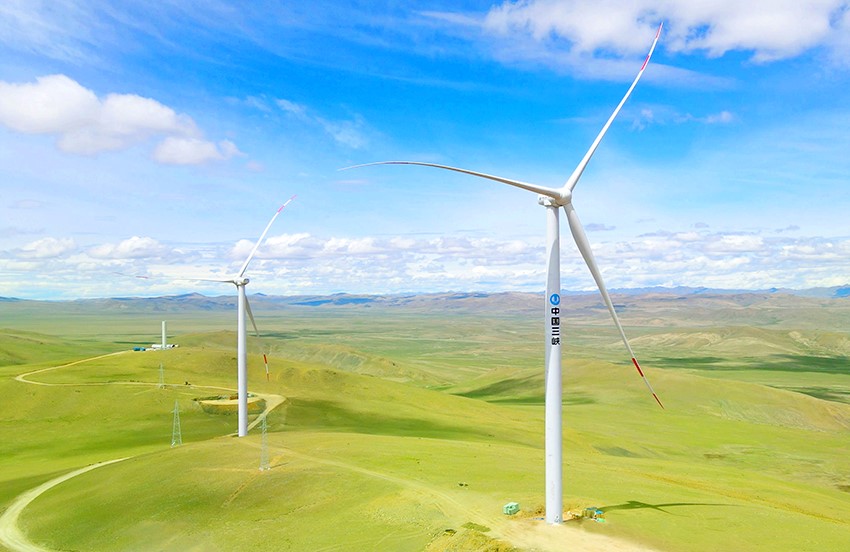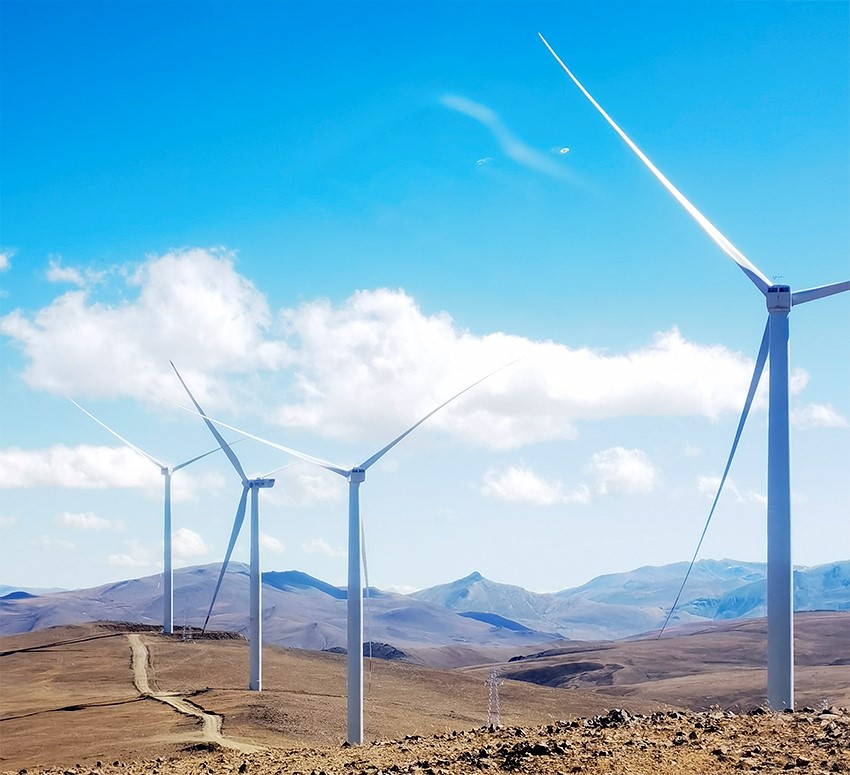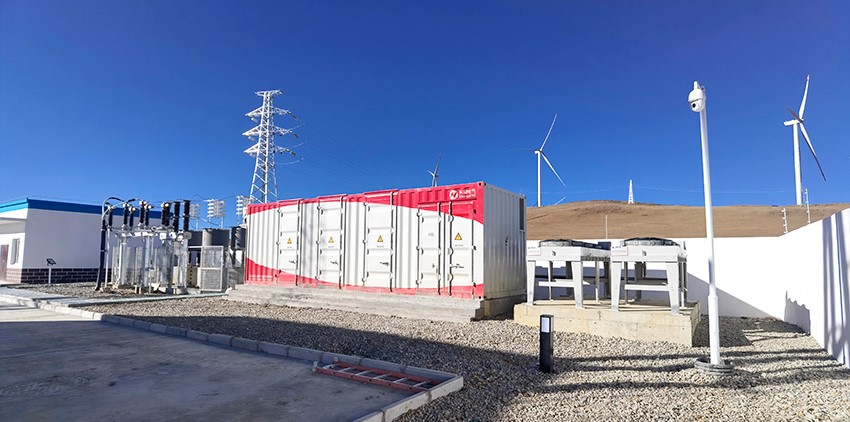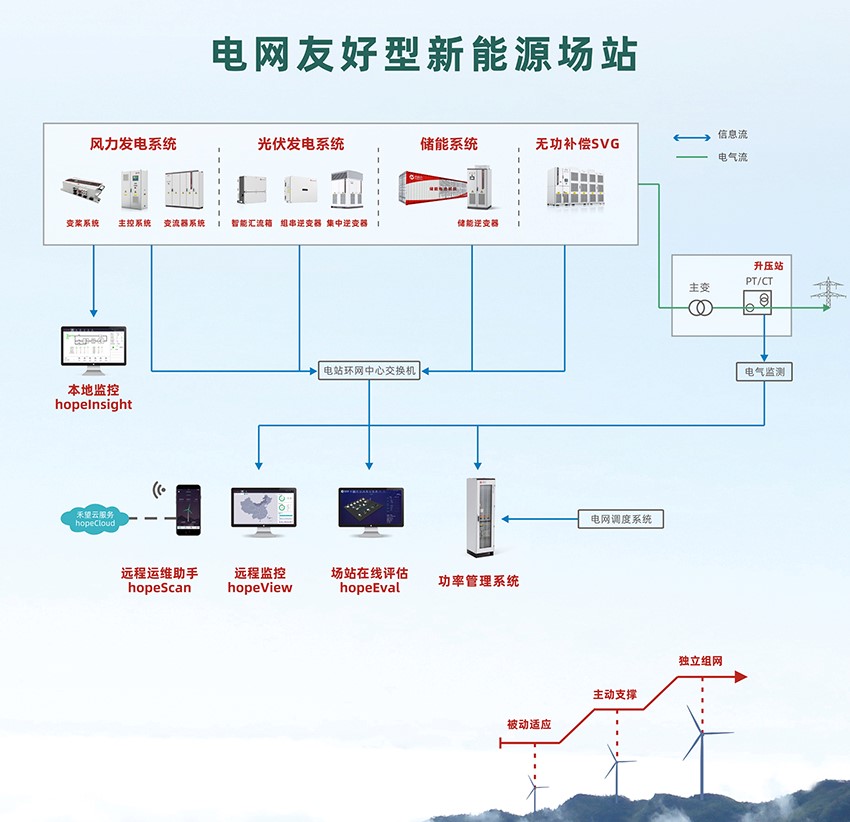ÇÖZÜMLER
 Rüzgar Enerji
Rüzgar Enerjısı Yenıleme Çözümü
Denız Üstü Rüzgar Enerjısı Çözümü
Karasal Rüzgar Enerjısı Çözümü
Rüzgar Enerji
Rüzgar Enerjısı Yenıleme Çözümü
Denız Üstü Rüzgar Enerjısı Çözümü
Karasal Rüzgar Enerjısı Çözümü
 Güç Tüketimi Ve Sektürler
Hafıf Endüstrıyel Makıne
Büyük Deneysel Platformlar
Demıryolu Taşımacılığı
Maden Makıneler
Petrokımya Endüstrısı
Demır Metalurjısı
Güç Tüketimi Ve Sektürler
Hafıf Endüstrıyel Makıne
Büyük Deneysel Platformlar
Demıryolu Taşımacılığı
Maden Makıneler
Petrokımya Endüstrısı
Demır Metalurjısı


ÜRÜNLER
TÜM ÜRÜNLER
Solar İnvertör
Dizi
Merkezi
Eksiksiz PV Çözümü
PV Anahtar Teslim Çözüm
Enerji Depolama Sistemi
PCS
PCS Taşınabilir Çözüm
Rüzgar Enerjisi Cihazları
Çift Beslemeli Dönüştürücü
Tam Güç Dönüştürücü
Hidrojen Enerjisi
AC/DC tek aşamalı topoloji
AC/DC+DC/DC İki Aşamalı Topolo
Şebeke Simülatörü
AC Kaynağı
VFD
HD8000 Orta Gerilim
HD2000 Düşük Gerilim
HV500
HV300
SVG
10 kV Doğrudan Asılı
35 kV Doğrudan Asılı
Akıllı Uzaktan İzleme Sistemi
hopeEMS Enerji Yönetimi








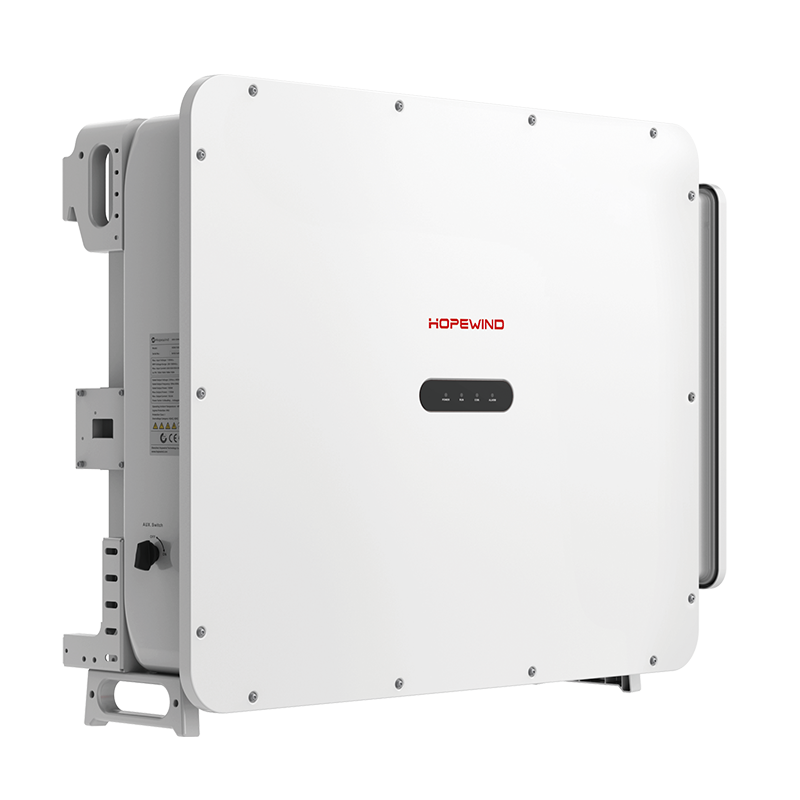
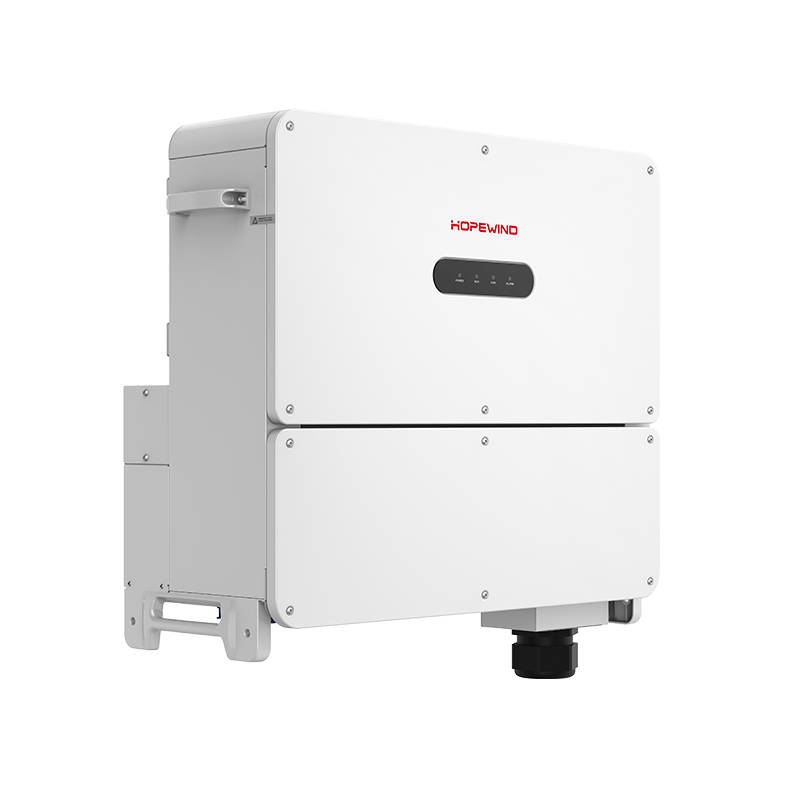
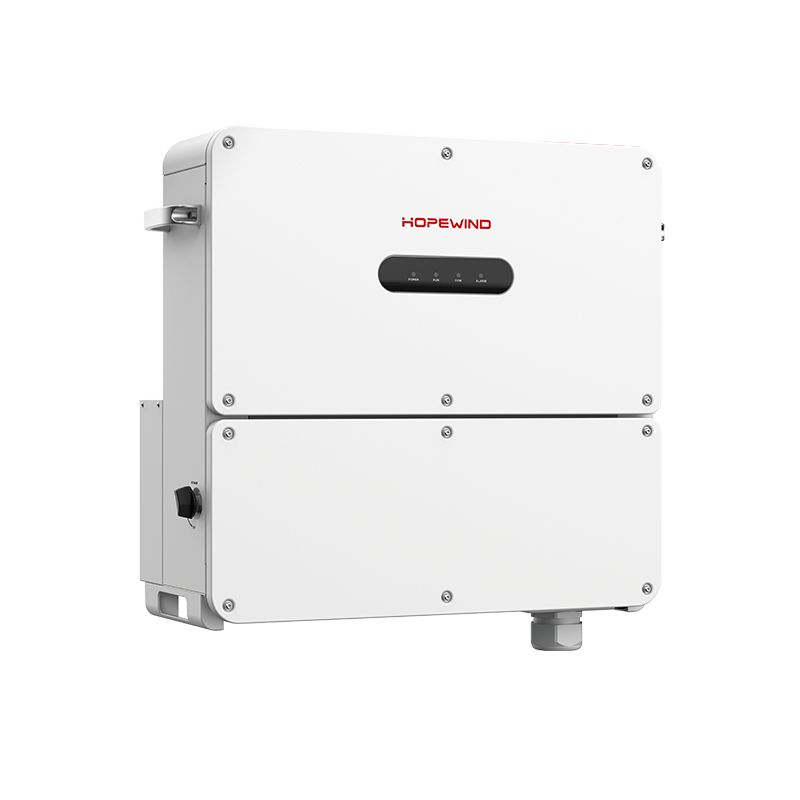
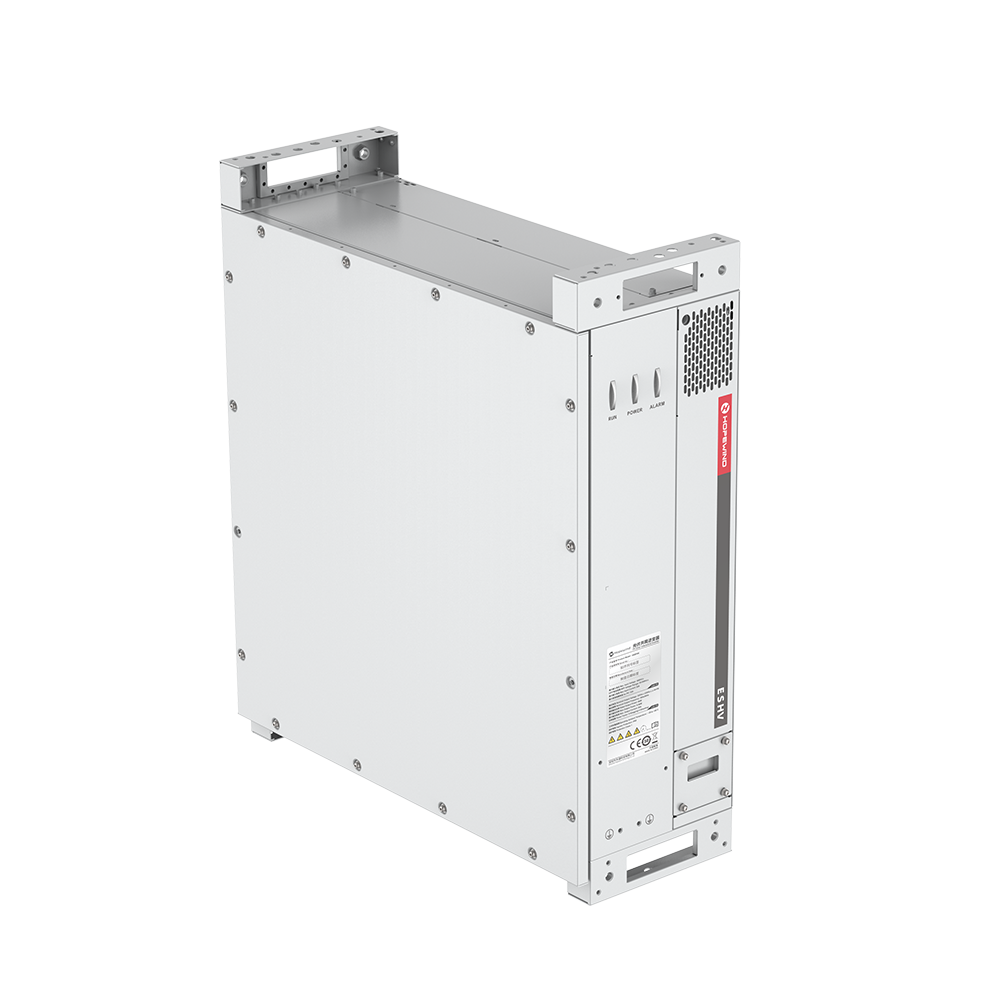
 Français
Français